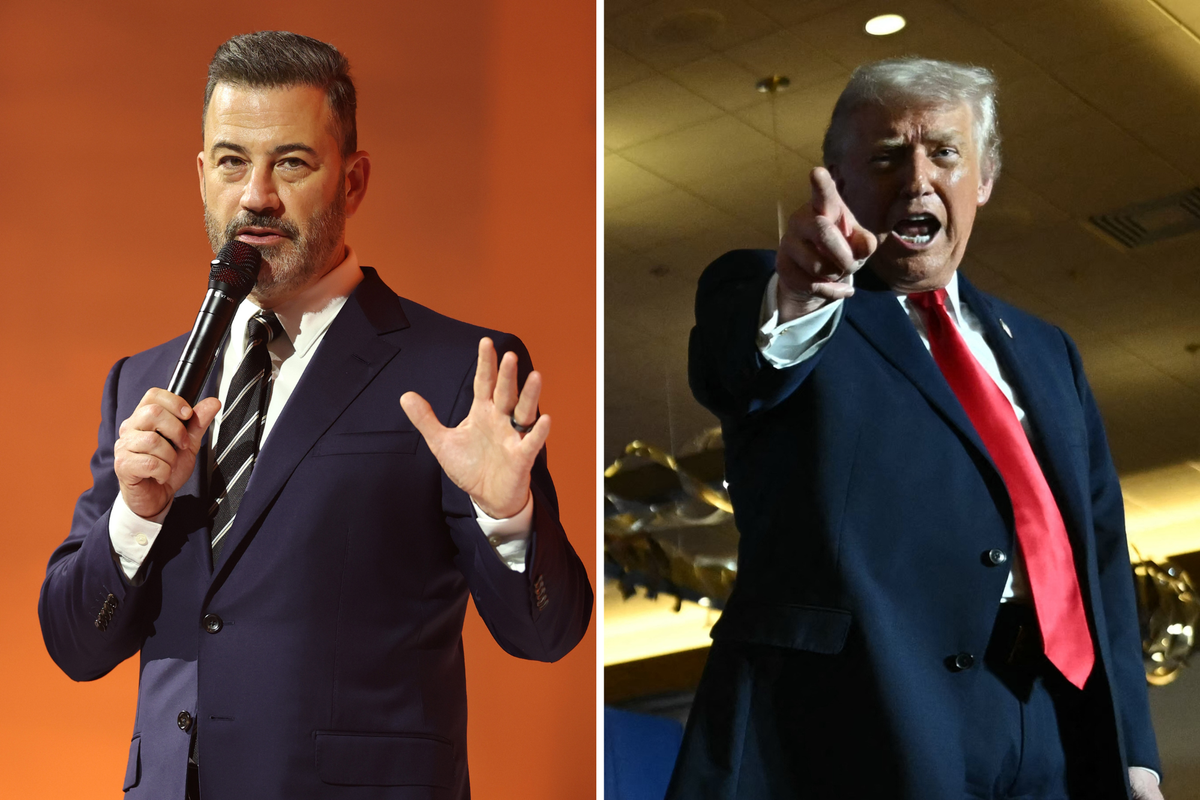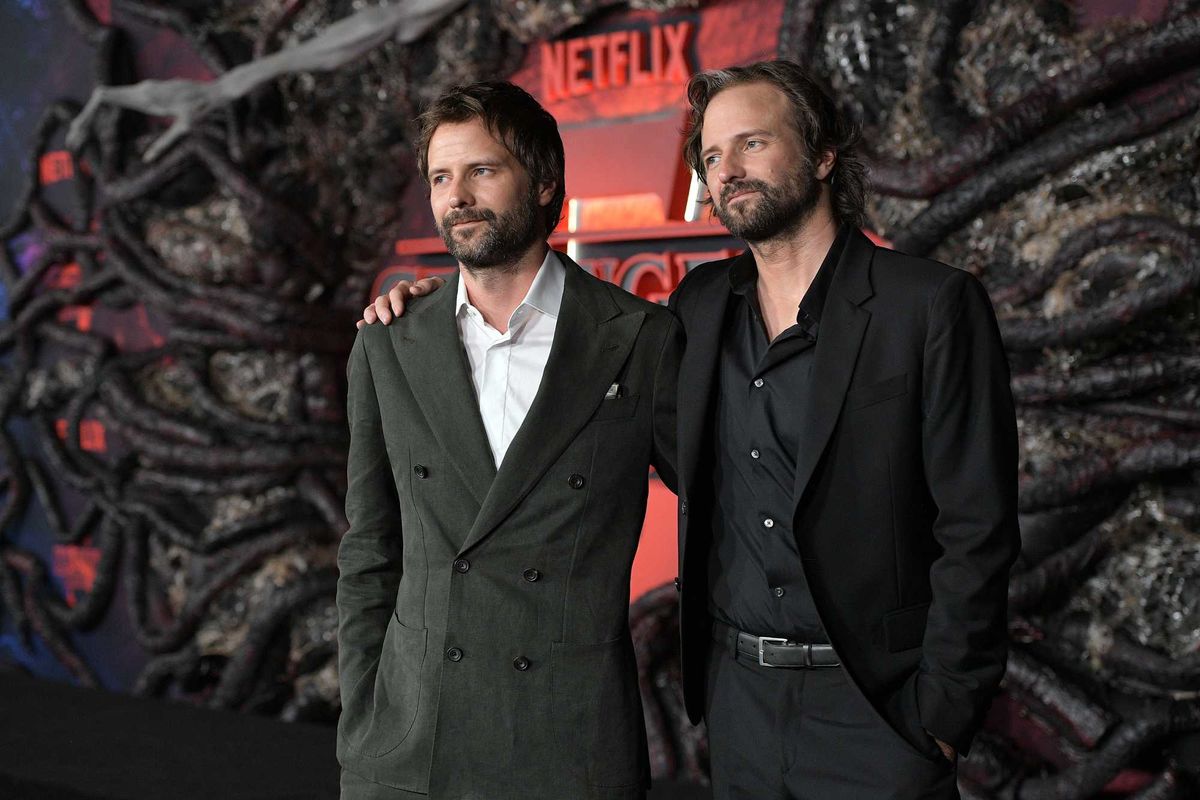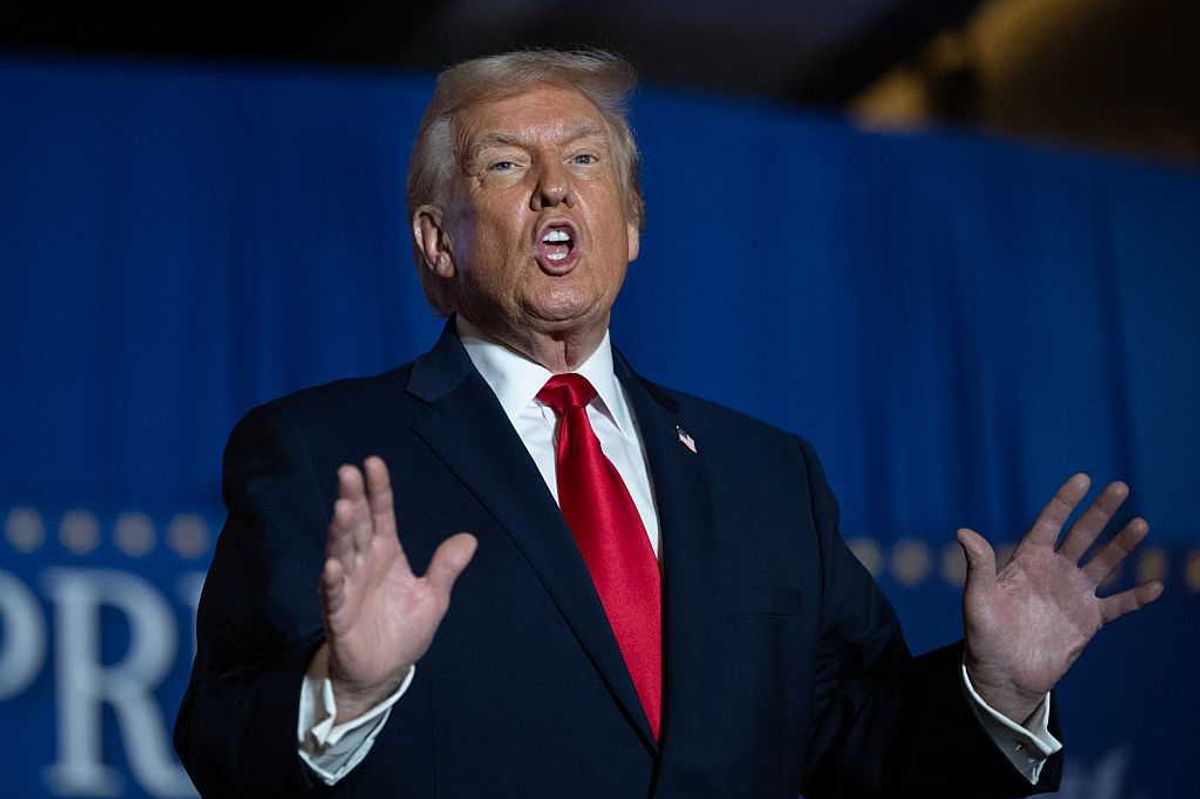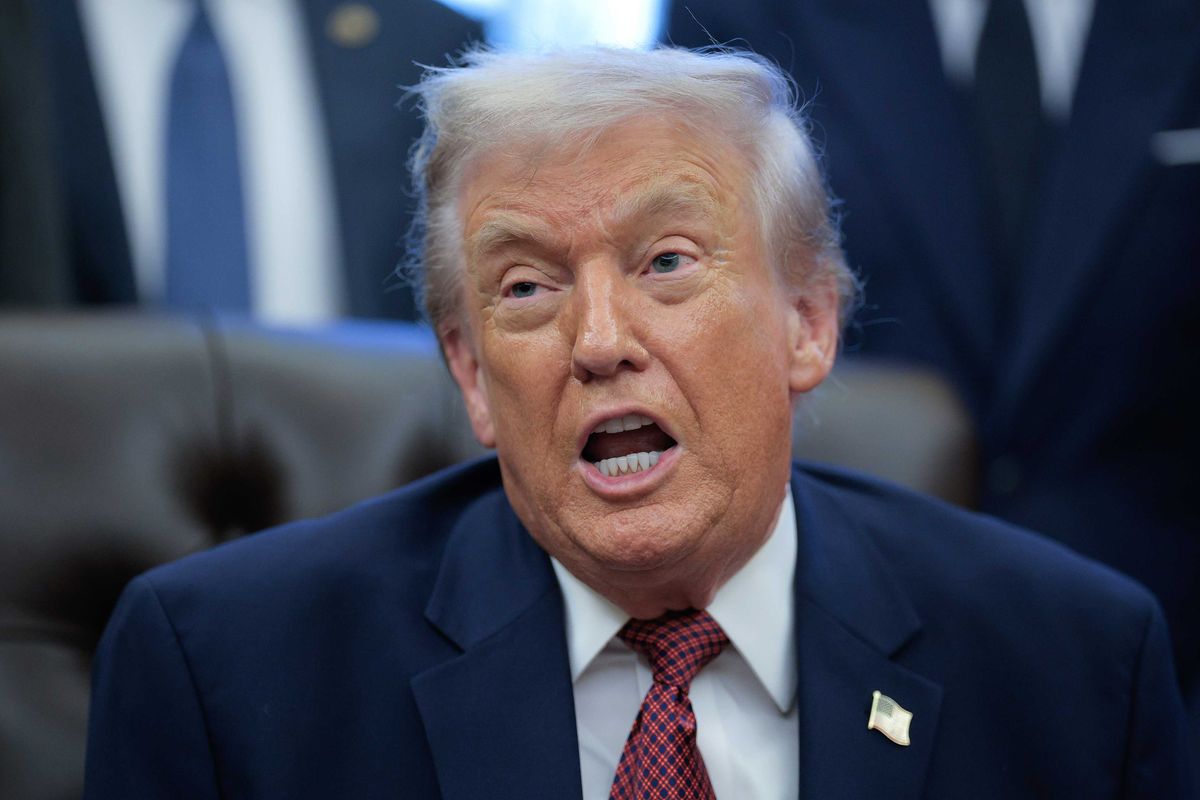Joe Vesey-Byrne
Oct 10, 2017
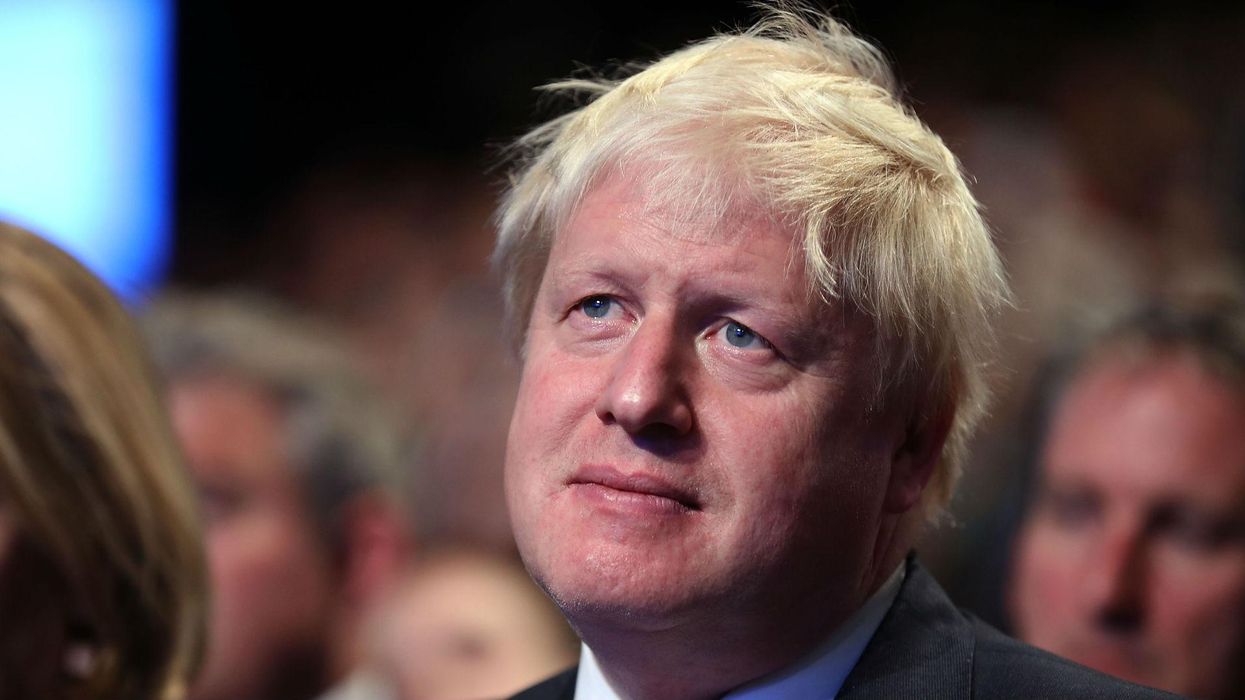
Picture:
Christopher Furlong/Getty Images
Brexit was about taking back control, and definitely not about giving £350 million to the NHS, but what will actually happen on Britain's 'Independence' day?
On Monday, the prime minister Theresa May informed the House of Commons about a transition deal between the United Kingdom and the European Union.
If no post-Brexit deal has been agreed by 29 March 2019, and the 27 EU members have not unanimously agreed to extend talks, then all agreements between UK and the EU were scheduled to cease.
However, the transition deal will come into effect, avoiding this cliff edge.
According to May's statement, that will mean freedom of movement continues, the jurisdiction of the European Court of Justice continues, and Britain stays beholden to the regulations of the Single Market and Customs Union.
And all without Britain having any say over it.
What is even the point then?
According to the Guardian's diplomatic editor, the only body that the UK will official leave on 29 March 2019 is the Council of Ministers.
Patrick Wintour made the claim in a tweet on Tuesday.
The Council of Ministers is the EU's main legislative and decision-making body, with an unfixed membership.
It is composed of ministers from each EU member country with responsibility for the policy area that 'the council' is discussing.
For instance, when the council discusses 'general affairs' the attendees are usually each member state's foreign minister.
As it's not even a fixed institution, Britain's 'independence' from it will hardly involve anything as cathartic as Boris Johnson clearing out a desk in Brussels and having his lanyard confiscated.
Definitely worth it, then.
Top 100
The Conversation (0)
